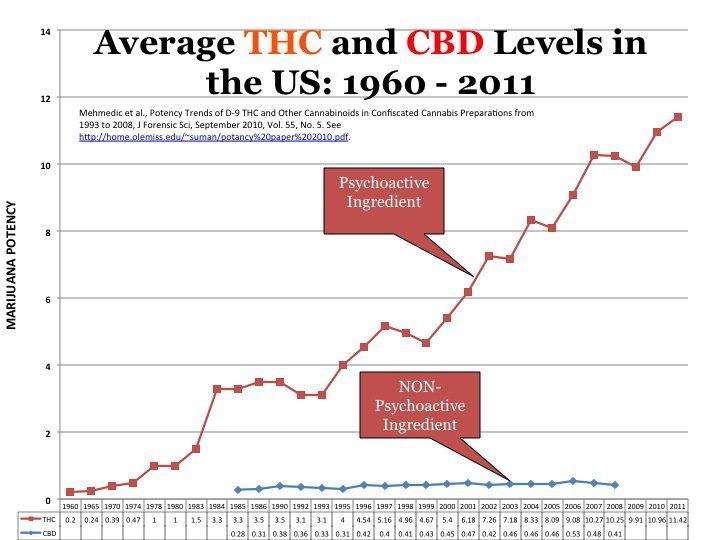Marijuana Addiction Treatment
What is Marijuana?
Marijuana is a mind-altering (psychoactive) drug, produced by the Cannabis sativa plant. THC (delta9-tetrahydrocannabinol) is believed to be the main ingredient that produces the psychoactive effect. Marijuana is a dry, shredded green/brown mix of flowers, stems, seeds, and leaves and may resemble tobacco. Marijuana is usually smoked as a cigarette or in a pipe or bong. It is also smoked in blunts (cigars that have been emptied of tobacco and refilled with marijuana and sometimes combined with another drug). Marijuana is also mixed with foods, brewed as a tea, or extracted into oil. The extract is used to make edibles (candy, gummies, etc.) and oil that can be used in an e-cigarette or vape. Other terms for Marijuana are pot, weed, bud, cannabis, kush, mota, and chronic.
When marijuana is smoked, the active ingredient THC passes from the lungs and into the bloodstream, which carries the chemical to the organs throughout the body, including the brain. In the brain, THC connects to specific sites called cannabinoid receptors on nerve cells and influences the activity of those cells. Many of these receptors are found in the parts of the brain that influence pleasure, memory, thought, concentration, sensory and time perception, and coordinated movement.
What are the Effects of Consuming Marijuana?
The short-term effects of marijuana include problems with memory and learning, distorted perception, difficulty in thinking and problem-solving, and loss of coordination. The effect of marijuana on perception and coordination are responsible for serious impairments in learning, associative processes, and psychomotor behavior (driving abilities). Long term, regular use can lead to physical dependence and withdrawal following discontinuation, as well as psychological addiction or dependence. Marijuana use can lead to the development of a substance use disorder. Many people who use marijuana long term and try to stop report mild withdrawal symptoms that make quitting difficult. These include irritability, insomnia, loss of appetite, and anxiety.
The short-term effects of marijuana include problems with memory and learning, distorted perception, difficulty in thinking and problem-solving, and loss of coordination. The effect of marijuana on perception and coordination are responsible for serious impairments in learning, associative processes, and psychomotor behavior (driving abilities). Long term, regular use can lead to physical dependence and withdrawal following discontinuation, as well as psychological addiction or dependence. Marijuana use can lead to the development of a substance use disorder. Many people who use marijuana long term and try to stop report mild withdrawal symptoms that make quitting difficult. These include irritability, insomnia, loss of appetite, and anxiety.
Signs and Symptoms
- Redness in the eyes
- Change in Eating Habits and Increased Snacking
- Drop in Grades or Work Output with Increased Absences and Tardiness
- Social Isolation from family and friends
- Spending time with the “wrong crowd”
- Drug Paraphernalia (pipes, bongs, rolling papers, vapes)
- Smell of Marijuana Lingers on Clothing
Statistics
1 in 6
People under the age of 18 who use Marijuana become addicted.
22.5m
Americans use Marijuana monthly.
35%
High School Seniors Used Marijuana Last Year.
4%
High School Seniors Vape THC Daily.
Statistics
1 in 6
People under the age of 18 who use Marijuana become addicted.
22.5m
Americans use Marijuana monthly.
35%
High School Seniors Used Marijuana Last Year.
4%
High School Seniors Vape THC Daily.
Talk With a Provider Today!
Talk With a Provider Today!
Fighting addiction alone is an almost impossible task. Don't do this alone, call us today to start your road to recovery.


